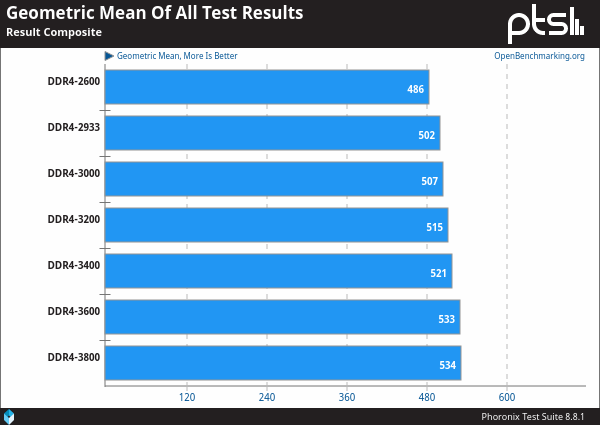I’ve seen shit like gaming chairs, headsets, and even gaming PCs turning out to be absolute horseshit compared to even shit used in offices.
I’m curious to know your thoughts on this. My theory is that the focus on gaming was so extreme the others that actually IMPROVE gaming like less bottlenecks get fucked over.

yeah like gamer RAM lol. They started putting RGB and heatsinks on RAM to sexify it, but I guarantee you this ugly, puke green, barebones ram stick works just as well and maybe even better:
There’s also a lot of bs circulating around proper beefy setups, and the reason for that is most people buy their computers pre-made and just believe whatever the manufacturer tells them. I’ve been AMD for CPU, Nvidia for GPUs for more than a decade now, relying on CPU over GPU (although the gap is closing quickly) and I can run current games on high or ultra at maybe not 60fps (don’t know, don’t care as long as it looks good) but fluid enough that I prefer the ultra settings over the medium.
I think this is the one exception to that. Gaming RAM is basically the only RAM you can buy if you want higher frequency, which can improve performance, especially with modern CPUs.
I’ve never been able to get any frequency higher than 1333 to work with Windows. There’s a setting you can switch in the BIOS, which I did, but it still runs at the same frequency (all of my sticks should have the same frequency)
edit: but regardless, the old ugly green sticks can get to high frequencies too, you don’t need to look at “gaming” brands like Corsair or ROG particularly.
That is why I said modern. For example, my PC is running at, 3600MHz. In the past, RAM frequency didn’t really matter anyway.
Technically yes, but for example if I look at my country largest electronics retailer if you want anything above 3200MHz for DDR4 you literally don’t have any other options than Kingston, Corsair etc. I don’t even think you can really buy “ugly green sticks” other than for notebooks or for servers, at least not in regular consumer stores.
I am able to get 1866 because my RAM or MoBo are fucked, they should be 3000MHz. But no higher than 1333?
Windows caps ram at 1333 mhz (even on windows 11) because of some legacy thing, to unlock it you have to go into the bios and switch on a setting. Apparently mine doesn’t do anything. I’m not sure ram frequency is as important as people say it is, although I’ve never had it faster than the legacy 1333 lol
It depends, with older processors like before Intel gen 8 and Zen it didn’t really matter. Today, it can give you about ~10% performance boost on average.
These are the results for Linux, but it should be pretty comparable to Windows.
Aight, thanks
deleted by creator
Aaah, you’re right. When I bought the sticks they said 2666mHz on the website, but this prompted me to look it up and I confirmed DDR4 ram reads data twice, so it technically runs at 1333mHz but does double the calculations per second.
deleted by creator
I just realized something: You can actually create an “extreme gamer” build for literally less money 🧍
No srsly, I just realized you can have more than 8GB per stick: